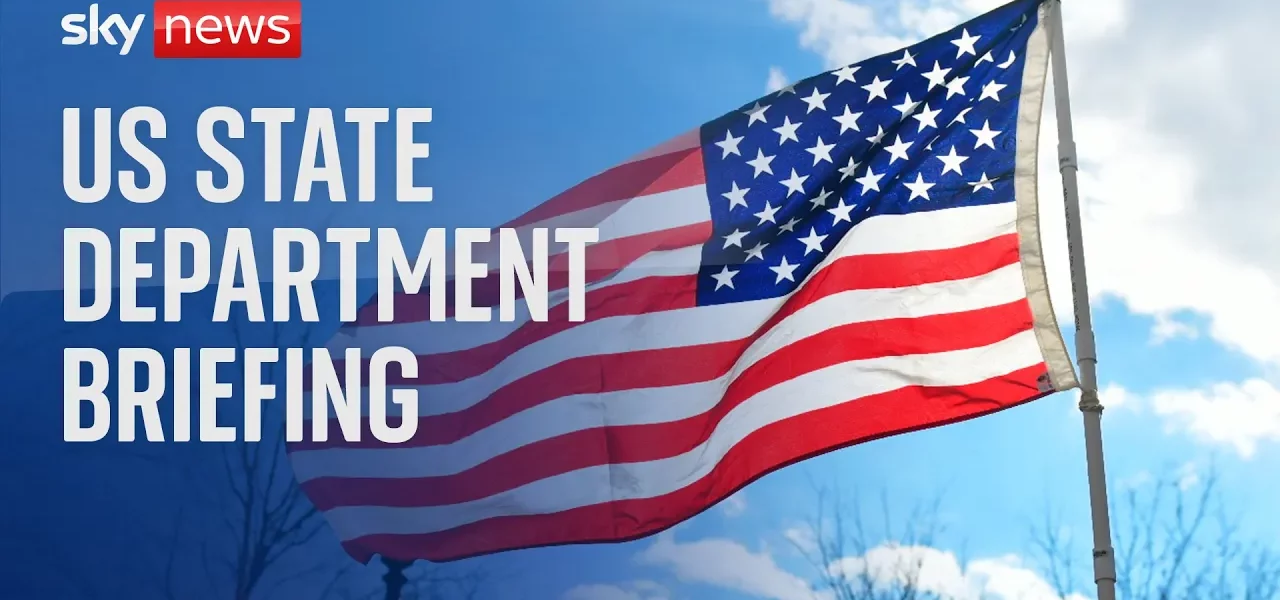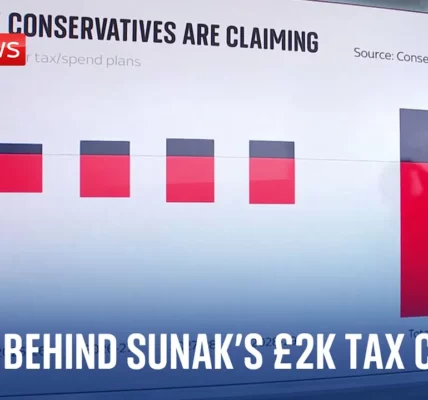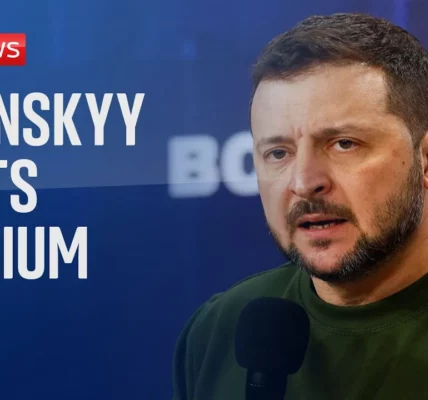Ongoing Negotiations in the Middle East: A Comprehensive Overview

This article delves into the recent developments in the Middle East regarding the negotiations between Israel and Hamas, the role of the United States in promoting diplomacy, and the implications of regional tensions on international relations.
Introduction
In the past 24 hours, significant events have unfolded in the Middle East, particularly surrounding the ongoing negotiations aimed at achieving a ceasefire between Israel and Hamas. The United States has been actively involved in promoting diplomatic solutions to address the escalating violence in the region. This article will explore the key points of these negotiations, the role of various nations, and the implications of recent military actions.
Current Status of Negotiations
The ongoing negotiation process has been fraught with challenges, as various parties work to close the gaps between their positions. The U.S. Secretary of State has emphasized the importance of diplomacy in achieving a more peaceful and secure region.
U.S. Involvement in Diplomatic Efforts
The United States has reiterated its commitment to facilitating discussions aimed at finalizing a ceasefire deal. Key aspects of these efforts include:
- Engaging with Israeli and Palestinian representatives to foster dialogue.
- Encouraging regional partners, including Qatar and Jordan, to support the negotiations.
- Maintaining open channels of communication with Hamas to influence their decision-making.
Challenges Faced
Despite ongoing efforts, several challenges continue to impede progress:
- The assassination of key negotiators, which complicates the dialogue process.
- Escalating military actions that increase tensions and lead to retaliatory statements.
- Disparities in the demands and expectations of the involved parties.
Regional Tensions and Military Actions
Recent military actions have raised concerns about the potential for a wider conflict in the region. The U.S. has expressed its disapproval of certain actions taken by Israel, particularly regarding strikes that could provoke retaliation from neighboring countries.
Israel’s Military Operations
Israel has conducted several military operations in response to perceived threats, including strikes in Beirut. These actions have prompted discussions about the U.S. role in deterring further escalations.
International Reactions
The international community has been closely monitoring these developments. Key reactions include:
- Calls for restraint from various nations to avoid escalating the conflict.
- Concerns about the humanitarian impact of military actions on civilians.
- Diplomatic pressure on Israel to consider the broader implications of its military strategies.
The Role of Iran and Regional Dynamics
Iran’s involvement in the region has been a focal point of discussions, particularly regarding its support for groups like Hamas and Hezbollah. The U.S. has consistently urged Iran to exercise restraint and avoid actions that could destabilize the region further.
Iran’s Position
The Iranian regime has expressed its intention to retaliate against perceived aggressions, complicating the diplomatic landscape. Key points include:
- Statements from Iranian leaders regarding their commitment to support their allies.
- Concerns over potential retaliatory actions that could involve direct conflict.
- The impact of Iran’s actions on U.S.-Iran relations and broader regional stability.
U.S. Policy towards Iran
The U.S. has reiterated its commitment to Israel’s security while also emphasizing the need for diplomatic solutions. This dual approach aims to balance support for allies while advocating for peace.
Conclusion
In conclusion, the negotiations in the Middle East remain complex and multifaceted, with ongoing military actions and regional tensions adding layers of difficulty to the peace process. The United States continues to play a crucial role in promoting diplomatic solutions, but challenges abound. As the situation evolves, it is imperative for all parties involved to engage in constructive dialogue to achieve a sustainable ceasefire and address the underlying issues fueling the conflict.
For more insights on international relations and ongoing negotiations in the Middle East, check out our related articles on U.S. Foreign Policy in the Middle East and The Role of Diplomacy in Conflict Resolution.
“`




